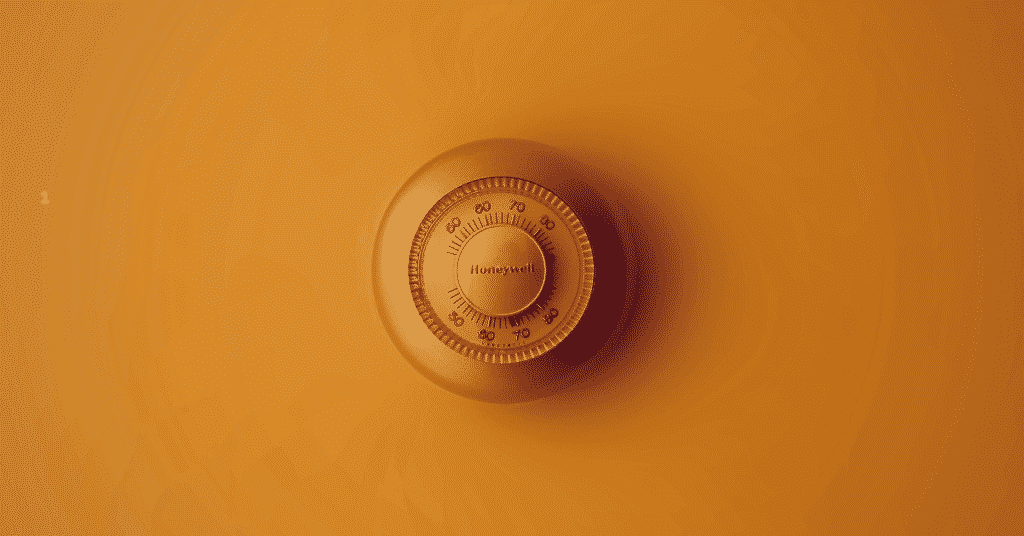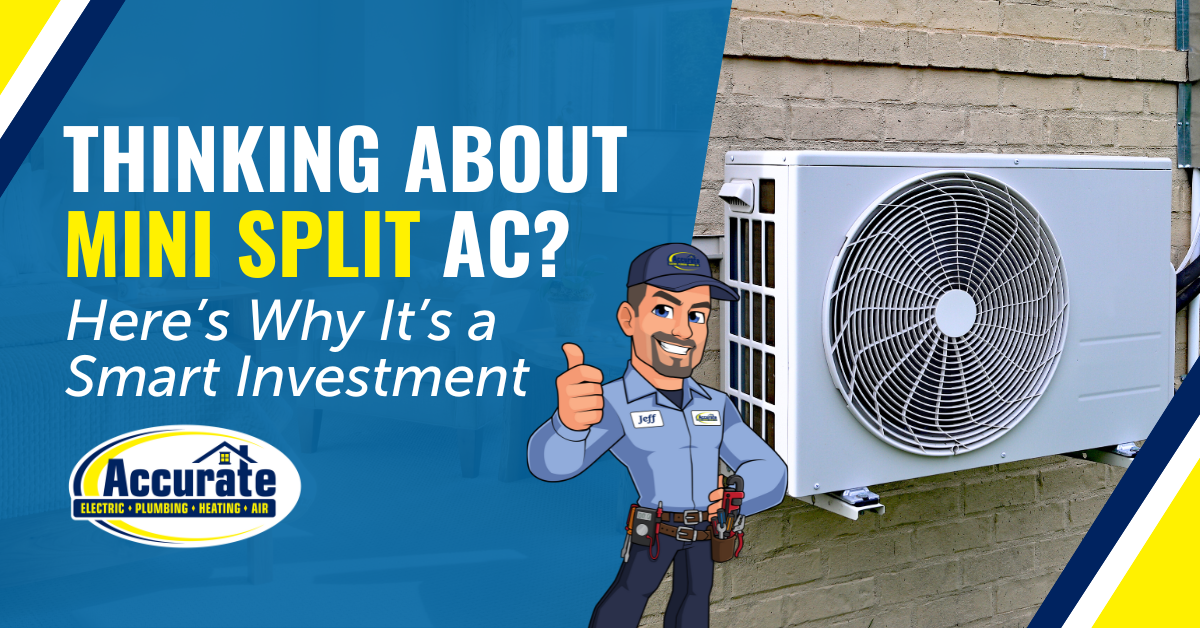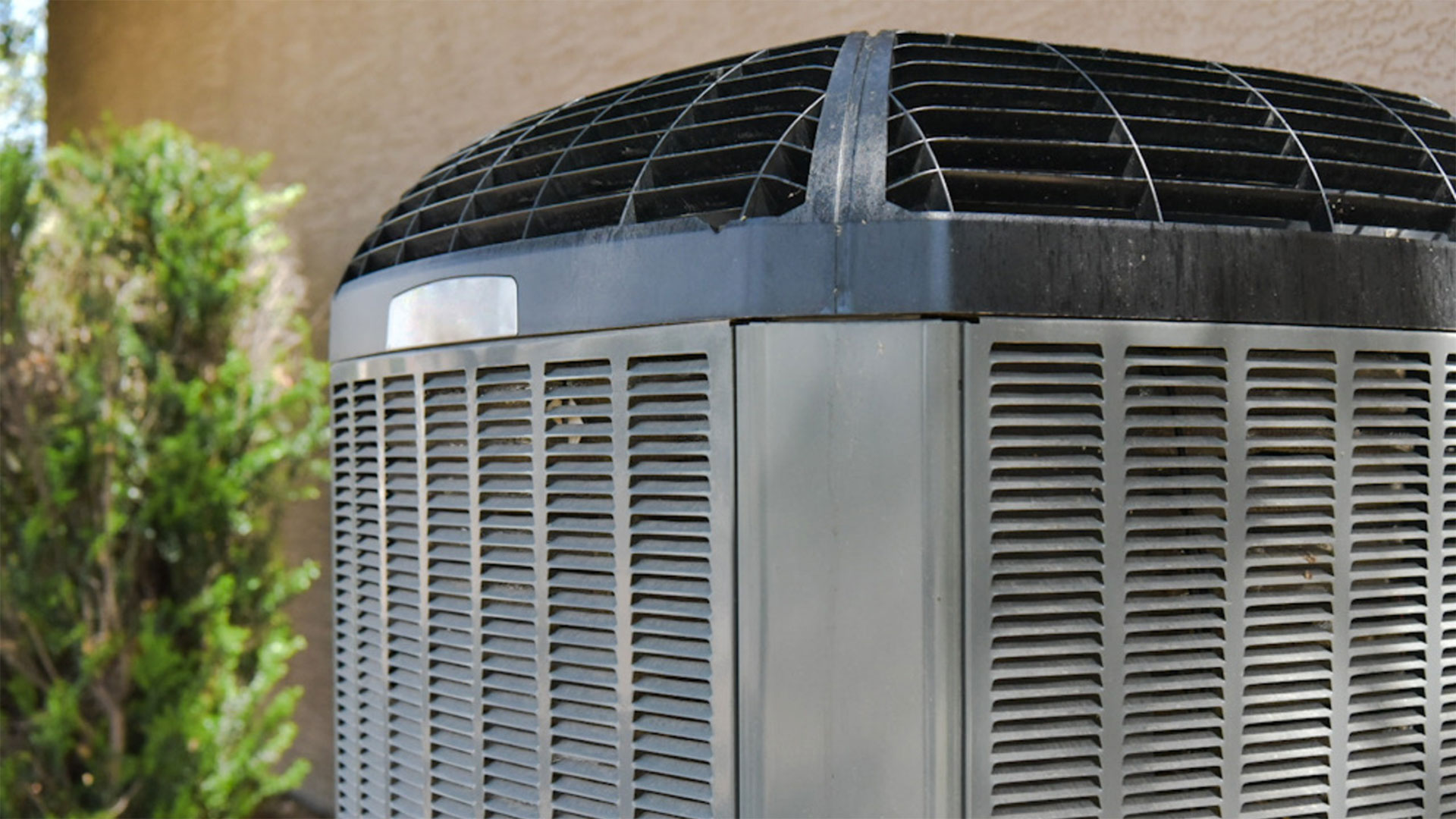Having a furnace in the home is great for providing warmth and comfort during the cooler months of the year. However, the furnace can be the cause of stress if it breaks down or malfunctions. There are two types of furnaces: Gas and Electric. Both options come with their pros, cons, and safety concerns. The good news is there are safety precautions you can look out for with either option to keep your home warm and safe from hazards such as fire or a carbon monoxide leak.
- Clean/Change Filters – The purpose of the filter is to keep dirt, dust and airborne pollutants out of your home. Changing the filter frequently (every 3 months or so) ensures the air quality in your home is protected. It also helps prevent the potential hazard of the furnace overheating or breaking down. Since the furnace has to work harder to push air through a dirty filter, it can also drive up your energy costs.
- Keep the Furnace and Surrounding Area Clean – Keeping at least 2 feet of clear space around your gas or electric furnace is a good general rule of thumb. However, if you have the extra space, keeping up to 5 feet of clear space around your furnace is ideal. This includes any clutter, dust, papers, boxes, clothing, etc, and especially anything flammable. Vacuuming around the furnace regularly can help prevent dust buildup.
- Check Smoke and Carbon Monoxide Detectors – Regularly testing your smoke and carbon monoxide detectors is good for general home safety. It can also be a huge help when it comes to potential fire hazards and carbon monoxide leaks from your furnace. By checking the batteries and health of your smoke detectors, you’ll be able to better keep your family and home safe.
- Schedule Annual Maintenance – It’s more cost-effective to be proactive rather than reactive when it comes to home safety. Scheduling an annual maintenance check with a professional can ensure your furnace is working efficiently and address any minor issues before they become major problems. By scheduling a maintenance check once a year, you can protect your home, family, and furnace and save yourself money and hassle in the future.
- Ensure Proper Airflow – It’s important to enhance the airflow around your furnace since it needs plenty of fresh air to work properly. Be sure to inspect the airflow intake and exhaust for any obstructions or blockages. If a furnace doesn’t get enough airflow, it can either use up and deplete the oxygen levels inside of your home or it can shut down, leaving you without heat.
Nobody expects their furnace to break down, but it can happen if you’re not careful in taking precautionary safety measures to prevent that from happening. Utilizing this short list of helpful tips can help preserve the life of your furnace and prevent any risks in the home. We are here to help you get the most out of your furnace and keep your home safe from furnace malfunctions.





